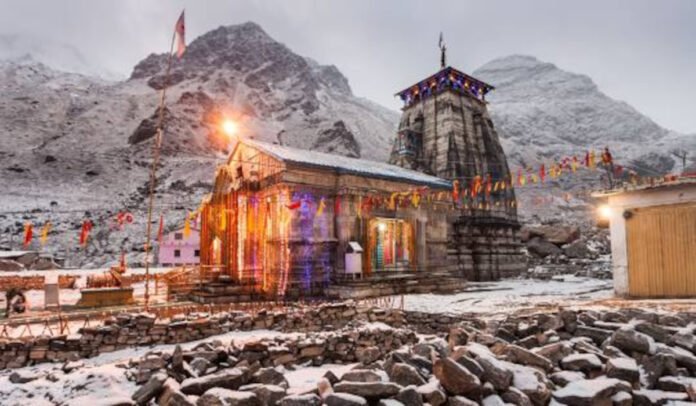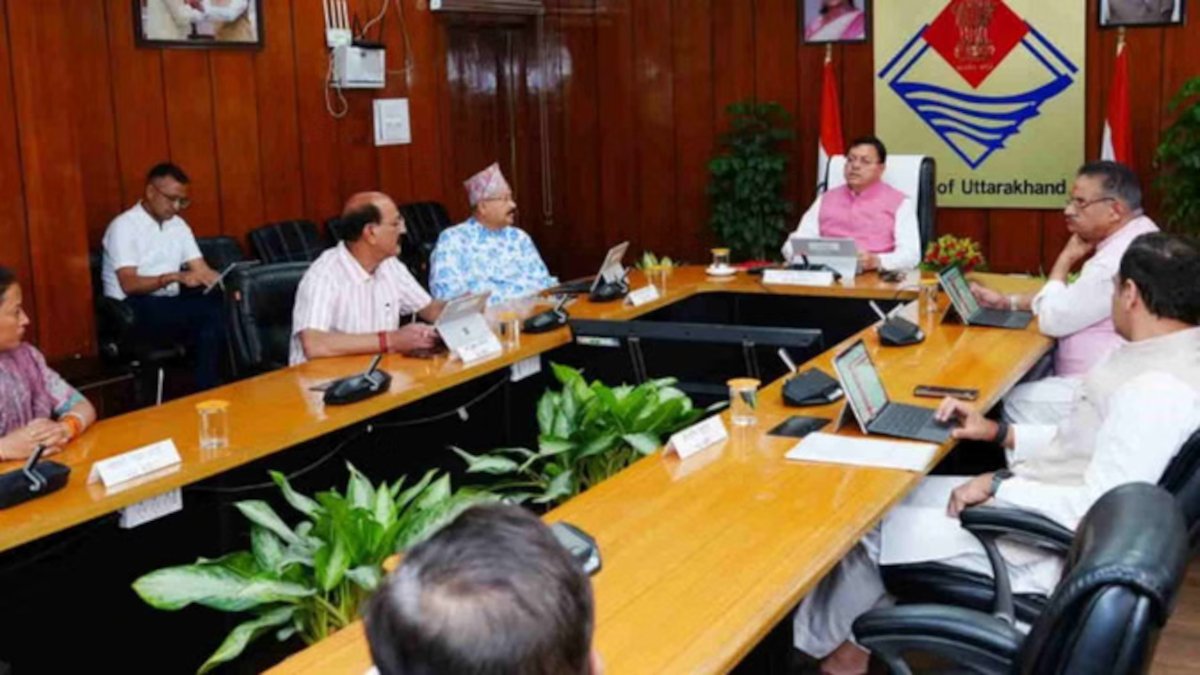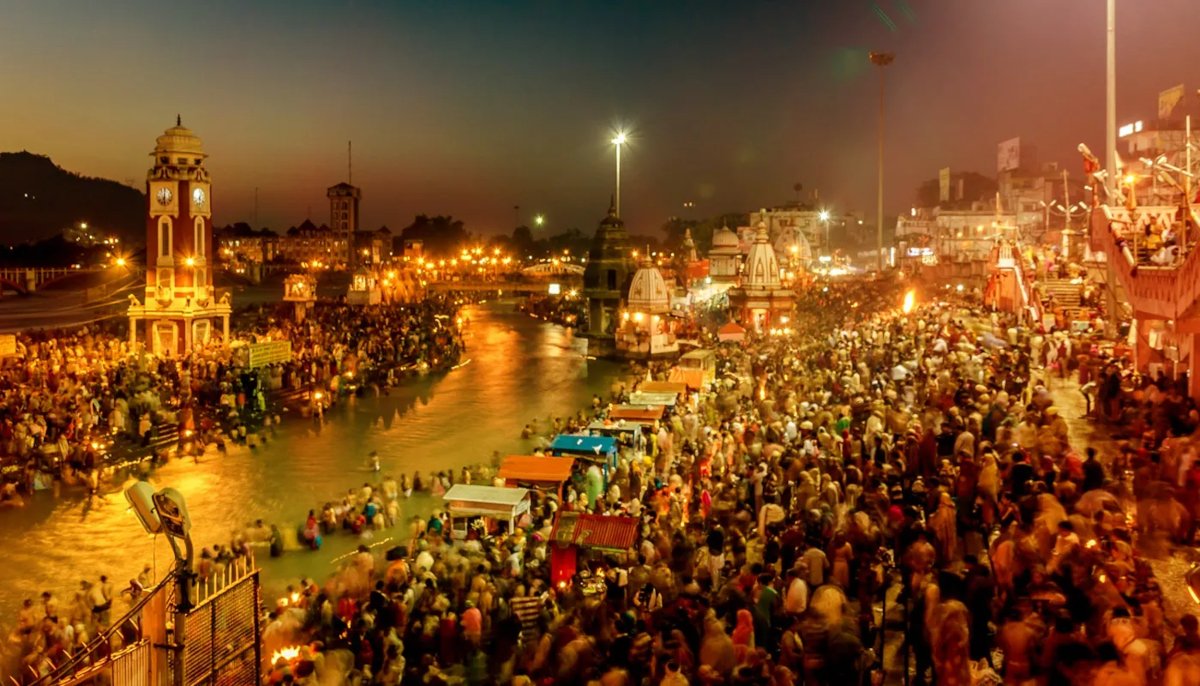In a move aimed at preserving the sanctity of the Kedarnath pilgrimage route, the Gauri Kund Village Council has taken the unprecedented decision to ban the entry of Nepali women and children from the 2026 pilgrimage season onwards. The decision, made at an open meeting of villagers on Friday, is a response to long-standing concerns about illegal activities and a perceived threat to the spiritual purity of the region.
Our correspondent reports that the villagers and the local trade union have expressed growing frustration with the administration’s perceived inaction on the matter. The Village Head, Kusum Devi, presided over the meeting, where it was decided that strict measures were necessary. The primary reason for the ban is the alleged involvement of some Nepali-origin women and children in illegal activities, which locals claim have tarnished the spiritual atmosphere of the sacred pilgrimage route. The villagers have stated that despite repeated complaints and requests for action, the authorities have only taken superficial steps, leaving the community with no choice but to take matters into their own hands.
The decision has been met with mixed reactions. While the local villagers and the business community have lauded the move, arguing it is a necessary step to protect their traditions and way of life, it has also sparked a broader debate about the rights of the workers who depend on the pilgrimage for their livelihood. Our correspondent adds that the Gauri Kund Trade Union President, Ramchandra Goswami, fully supported the village council’s decision, citing a lack of concrete action from the administration. He emphasised that the community’s hand was forced due to the continuous disregard for their appeals.
The ban is specifically aimed at Nepali women and children. The village council has clarified that the entry of Nepali men, who traditionally work as porters and on various other jobs along the pilgrimage route, will not be affected. The decision aims to strike a balance between preserving the sanctity of the site and allowing for a source of employment for the region’s Nepali workforce.
Local officials have confirmed they are aware of the village council’s decision and are reviewing the matter. The administration is likely to hold talks with the village council and other stakeholders to find a mutually agreeable solution that addresses the villagers’ concerns while also ensuring that no one is unfairly targeted. Our correspondent reports that the discussions are expected to be complex, given the deeply rooted cultural and religious sentiments of the local community. Our correspondent adds that the administration’s response will be crucial in determining whether the ban is upheld or a new set of regulations is implemented.
The Kedarnath Yatra, one of the most sacred Hindu pilgrimages, attracts millions of devotees from around the world each year. Gauri Kund serves as the final road head and the starting point for the trek to the temple. The village is considered a holy place and is an integral part of the spiritual journey. The village council’s decision underscores the deep-seated fear among the locals that the commercialisation and illegal activities along the route are eroding its spiritual significance.
The authorities have stated that a thorough investigation will be conducted to identify the individuals involved in illegal activities. The police have also pledged to increase their presence and vigilance along the pilgrimage route to ensure the safety of all pilgrims. The final decision on the ban will be announced after a detailed consultation with all concerned parties.



























